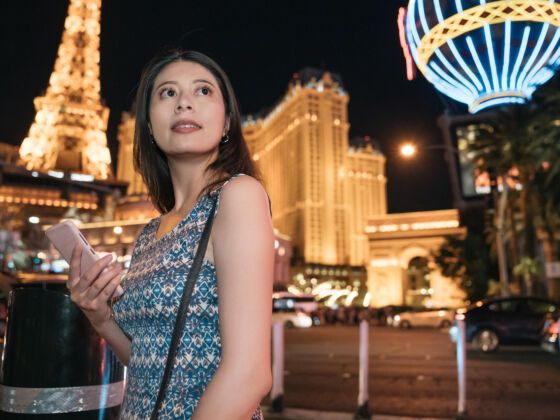I did not attend the Route 91 Harvest Festival. That Sunday night, I was already in bed asleep when the first shots were fired. My boyfriend and I woke up at 3:30 AM to the sound of his phone dinging an alert for a new text message received: a cryptic text from his sister, that there had been a shooting but she was uninjured and home now.
We had no idea what was happening. He immediately began searching his phone for news and there it was: a crazed gunman had opened fire on the festival, spraying the festival grounds with bullets from the 32nd floor of the Mandalay Bay 400 yards away. At that point, an unknown number of people were dead and injured.
